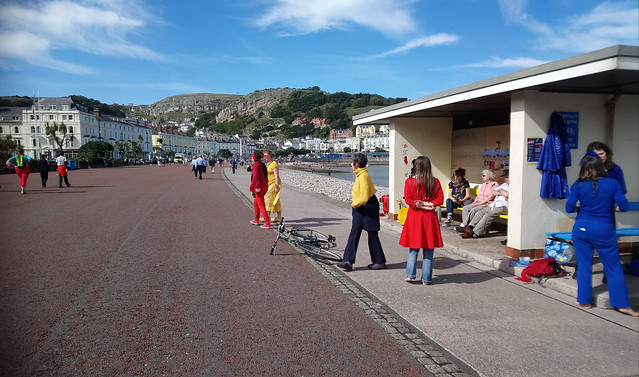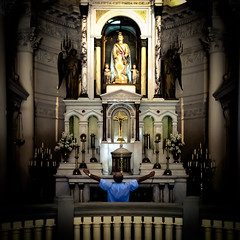Today we’re looking at troop, host, throng and related word in Celtic languages.
| Proto-Celtic | *slougos = troop, army |
|---|---|
| Gaulish | *slugi = troop, army |
| Old Irish (Goídelc) | slóg, slúag = army, host; throng, crowd, company, assembly |
| Middle Irish (Gaoidhealg) | slúagh = army, host; throng, crowd, company, assembly |
| Irish (Gaeilge) | slua [sˠl̪ˠuə] = host, force, army; crowd, multitude, throng sluaghán = slogan sluamhar = having large forces, multitudinous slógadh = mobilization, hosting |
| Scottish Gaelic (Gàidhlig) | sluagh [sl̪ˠuəɣ] = folk, people, populace; the fairy host; crowd sluaghmhor = populous, densely, inhabited sluagh-ghairm = slogan an sluagh cumanta = the common folk sluagh na sìthe = the fairies (poetic) sluagh Innse Fàil = the people of Ireland (poetic) |
| Manx (Gaelg) | sleih = commonalty, crowd, family, inhabitants, people, populace, public, relations sleih gerrym = slogan |
| Proto-Brythonic | *lʉɣ [ˈlʉːɣ] = troop |
| Middle Welsh (Kymraec) | llu, llv = host, throng, multitude |
| Welsh (Cymraeg) | llu [ɬɨː / ɬiː] = host, a large number (of people), a great many, multitude, throng, crowd, flock (of birds); army, body of armed men, regiment lluaf, lluo = to throng, crowd, flock together, gather, bring together lluarth = military camp lluarthaf, lluarthu = to pitch camp, encamp, camp heddlu = police |
| Old Cornish | lu = army |
| Middle Cornish (Cernewec) | lu = a great multitude, host, army |
| Cornish (Kernewek) | lu [ly: / liˑʊ] = army, military, troop morlu, lu lestri = navy |
| Old Breton | lu = army |
| Middle Breton (Brezonec) | lu = army morlu = navy |
| Breton (Brezhoneg) | lu = army aerlu = airforce morlu = navy |
Etymology: from the Proto-Indo-European *slowgʰos / *slowgos (entourage), which is also the root of the English word slew [source].
The English word slogan comes from the Scottish Gaelic sluagh-ghairm [ˈsɫ̪uəɣɤɾʲəm] (battle cry) from the Old Irish slóg/slúag (army, host, throng, crowd), and gairm (call, cry, crow, proclamation) [source].
Sources: Wiktionary, Am Faclair Beag, Online Manx Dictionary, Teanglann.ie, eDIL – Electronic Dictionary of the Irish Language, In Dúil Bélrai English – Old Irish glossary, Geiriadur Prifysgol Cymru, Gerlyver Kernewek, Dictionaire Favereau, TermOfis, English – ProtoCeltic WordList (PDF), Etymological Dictionary Of Proto Celtic





